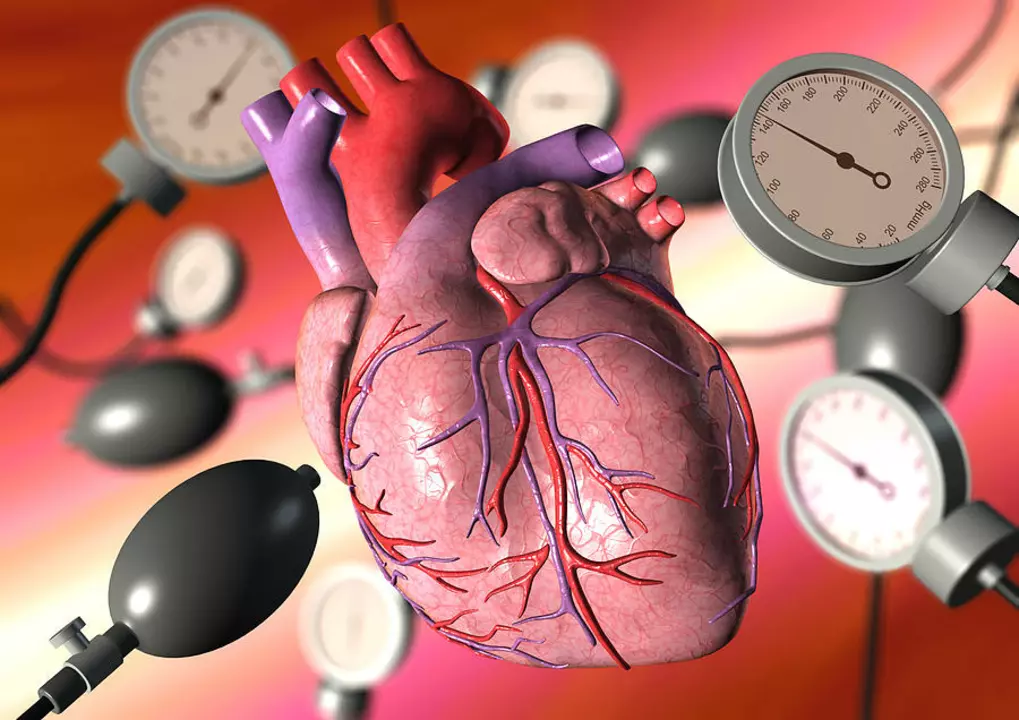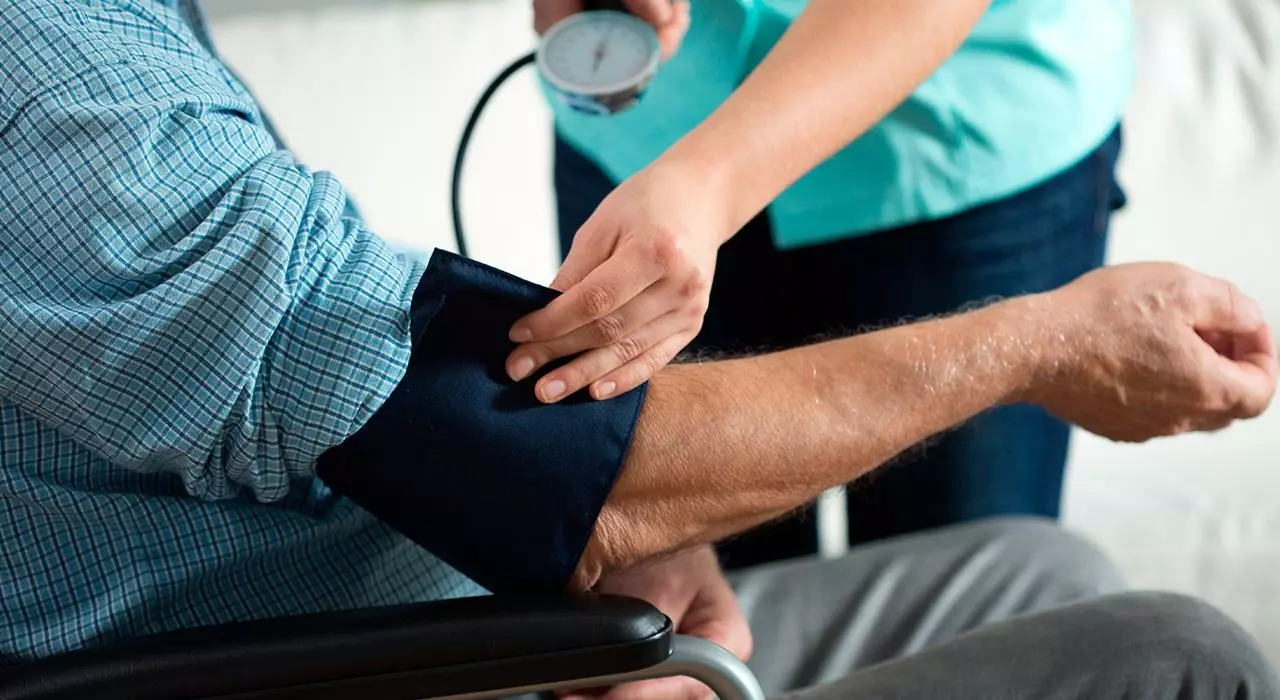Blood pressure: what the numbers mean and what to do about them
High blood pressure (hypertension) sneaks up on people. You often feel fine until it causes real problems like heart disease, stroke, or kidney trouble. Knowing your numbers and simple actions you can take right now matters more than worrying about what might happen.
How to check and track your blood pressure
Get an automatic cuff from a pharmacy or ask your clinic for a check. Sit quietly for five minutes, feet on the floor, arm supported at heart level. Take two readings one minute apart and record both. Do this at the same times each day—morning and evening give a clear picture.
What the numbers mean: under 120/80 is ideal, 120–129/80 is elevated, 130–139/80–89 is stage 1 hypertension, and 140/90 or higher is stage 2. If your readings are consistently high, talk to your doctor. Single spikes are common; patterns matter more than one bad day.
Simple ways to lower blood pressure today
Start with small, realistic steps. Cut back on salt—flavor food with herbs instead. Move more: 30 minutes of brisk walking most days works. Lose even 5–10% of body weight if you need to; that often lowers BP. Drink less alcohol and quit smoking—both raise pressure. Manage stress with short breathing breaks or a quick walk.
Diet matters. A DASH-style plan—more vegetables, fruit, whole grains, lean protein, and low-fat dairy—helps many people. Potassium-rich foods like bananas and spinach can balance sodium. If you take supplements, check with your provider since some can affect blood pressure.
When lifestyle changes aren't enough, medications help and are common. There are many classes: ACE inhibitors, ARBs (like losartan), calcium channel blockers, beta blockers, and diuretics (water pills). Each works differently and carries different side effects. If a medication gives you a rash or other issues, your doctor can switch you—see our article on Losartan-Induced Rash for specifics and safe next steps.
Not every drug fits every person. For example, people who get leg swelling or cough on certain meds may be offered alternatives. We also cover practical drug topics such as Lasix alternatives and timing statins like atorvastatin to avoid sleep trouble. Read those posts if you want clear comparisons and everyday tips.
Keep regular checkups. Blood pressure often changes with age, weight, and other health issues like chronic heart failure. Your care team will use your readings, symptoms, and tests to tailor treatment. If you have sudden chest pain, severe headache, vision changes, or fainting, seek emergency care right away.
Want more? Browse the related posts on this tag for reviews, drug guides, and step-by-step help. You’ll find practical articles about medications, side effects, and real-life tips to keep your numbers in a safer range.

Atenolol Interactions with Over-the-Counter Medications: Essential Guide for Safe Use
People taking atenolol often wonder which over-the-counter meds are safe. This article dives into how common OTC drugs can affect your beta blocker, what interactions to watch out for, and tips to help you avoid dangerous combos. Learn what happens inside your body when drugs mix the wrong way and find real advice for shopping the pharmacy aisle if you're on atenolol. Everyone deserves to feel confident managing their blood pressure without stumbling into risky drug interactions.

The Science Behind Losartan: Understanding How It Lowers Blood Pressure
In my recent blog post, I delved into the science behind Losartan, a medication commonly prescribed to lower high blood pressure. I discovered that it works by blocking the action of a hormone called angiotensin II, which is responsible for narrowing blood vessels. By doing so, Losartan helps to relax and widen blood vessels, allowing blood to flow more smoothly and blood pressure to decrease. Additionally, I learned that this drug is often preferred due to its lower risk of side effects compared to other blood pressure medications. It was fascinating to understand the workings of this life-saving medicine and how it helps millions of people manage their blood pressure.

The Effect of Amiloride on Blood Pressure and Kidney Function in Elderly Patients
In my latest blog post, I explored the effects of Amiloride on blood pressure and kidney function in elderly patients. I found that Amiloride, a diuretic medication, can help in reducing high blood pressure and improve kidney function in this age group. Not only does it aid in preventing heart attacks and strokes, but it also reduces the need for dialysis in patients with chronic kidney disease. However, it's crucial to consult a healthcare professional before starting Amiloride, as it may have potential side effects. Overall, this medication seems promising for elderly patients in managing hypertension and maintaining kidney health.
